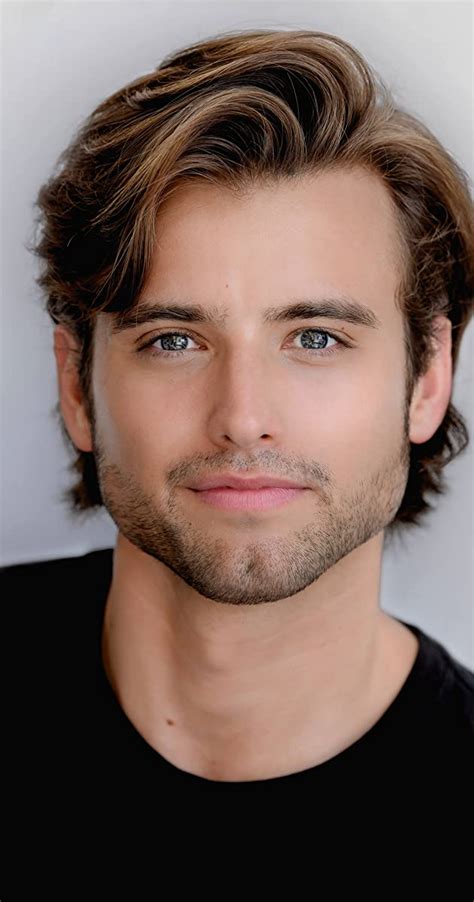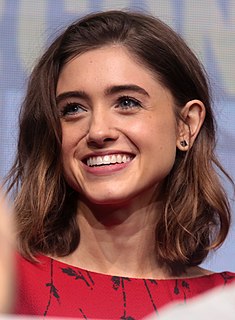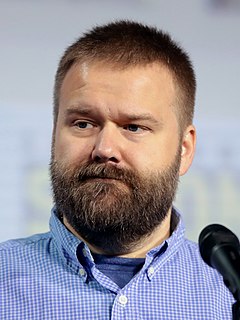A Quote by Adam D'Angelo
I think a lot of what the iPad app is going to be used for is just reading the best content on Quora. It really helps the whole system run because people who are writing answers can get this very wide distribution to a large audience of readers.
Related Quotes
I seem to have three categories of readers. The first is nonbelievers who are glad that I am reading the Bible so they don't have to bother. The second group, which is quite large, is very Biblically literate Jews. And the third, which is also very large, is Christians, most of them evangelical. The evangelical readers and the Jewish readers have generally been very encouraging, because they appreciate someone taking the book they love so seriously, and actually reading it and grappling with it.
The directing thing, to do it well, I think you have to have a hell of a lot more discipline than I do, or be a lot more willing to really take charge of whole large group of people than I feel comfortable doing - because a director really has to run everything, and be very confident in their ability to do so.
The most stressful and difficult part of steering a large movie is that you are taking on the responsibility of communicating with a very wide audience. You can't ever hide behind the notion of, 'Okay, they just don't get it,' or, 'Certain people just don't get it.' You have to be mindful of the size of your audience, and you have to communicate in a way that lets them in.
I was lucky enough to go see Steve Jobs with Marc Benioff. We were talking about the iPad, and one of the things Jobs said - and it was a little self-serving - was go and build your iPad app, and that is going to change the way you think about your online app, and you will go back, and you will redo your online app. I believe that.
I think smart aggregation is a service to readers. And we do it, too ... . Whether it's a politics page and you want Dan Balz to tell you what is he reading, what does he think are the smartest articles today on the elections or the primaries. So, I think aggregation is great ... . So I'm all for aggregation. And the more eyeballs we can get to our content, the better. We do want readers to be educated and to understand the difference between, what is a source that you can trust as opposed to just rumors out there. And the difference between just repurposing content and not crediting it.
I think I'm really part of a whole generational movement in a way. I think a lot of other people since and during this time have gotten interested in writing what we can still call experimental music. It's not commercial music. And it's really a concert music, but a concert music for our time. And wanting to find the audience, because we've discovered the audience is really there. Those became really clear with Einstein on the Beach.
We are committed to getting our content to our audience in as many ways as possible. We are very excited about our partnerships.. and we relaunched our ABC app, which is going to be a great place and opportunity for our audience to find our shows in addition to throwback content and new ABC digital originals.
I think people are going to places that they weren't able to with television before, and I think Netflix really paved the way for that. With freedom comes better content, and with better content comes great actors and a bigger audience. I think that has just snowballed into a movement for making really great TV.
I think I became a better writer after I started writing for the New Yorker. Well, I know I did. And part of it was having my New Yorker editor and part of it is that was when I started really going on tour and reading things in front of an audience 30 times and then going back in the room and rewriting it and reading it and rewriting it. So you really get the rhythm of the sentences down and you really get the flow down and you get rid of stuff that's not important.
If you think that what you're doing is not all that important in the larger scheme of things and that you're just an insignificant creature in the whole wide world, which is full of six billion people, and that people are born and die every day and it makes no difference to future generations what you write, and that writing and reading are increasingly irrelevant activities, you'd probably never get out of bed.
I think distribution has become a lot harder. With the whole explosion of digital video, there's just a lot more people making films. Distributors have a lot more choice. I do think there's an audience out there for small films. It's obvious to me what the studios do: they've co-opted independent film. They all have their independent arm. They can afford to crush the competition.



































